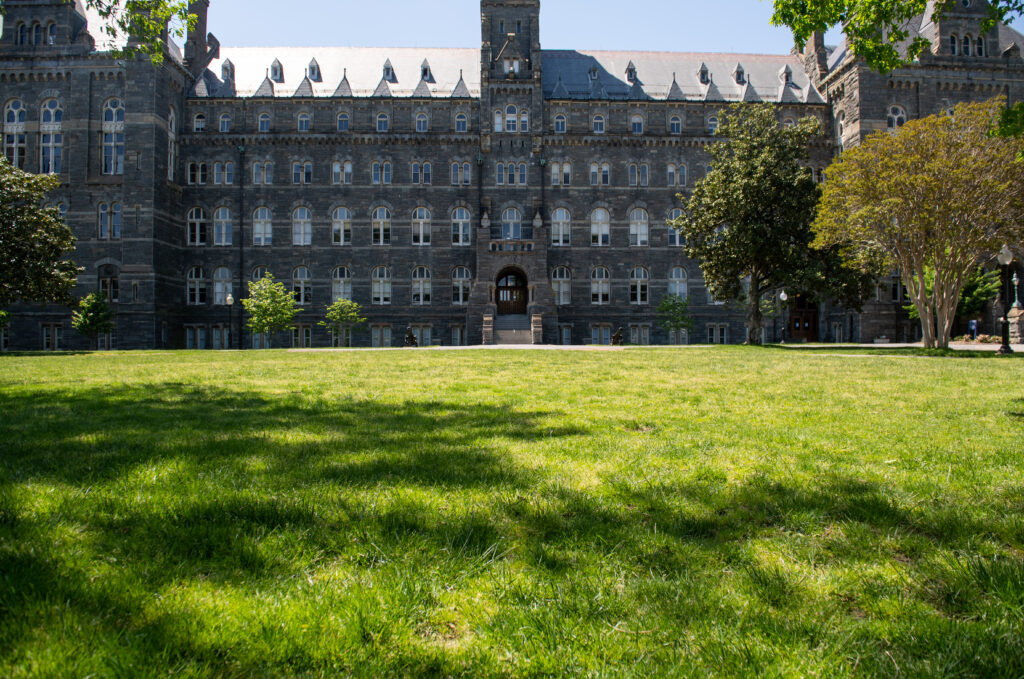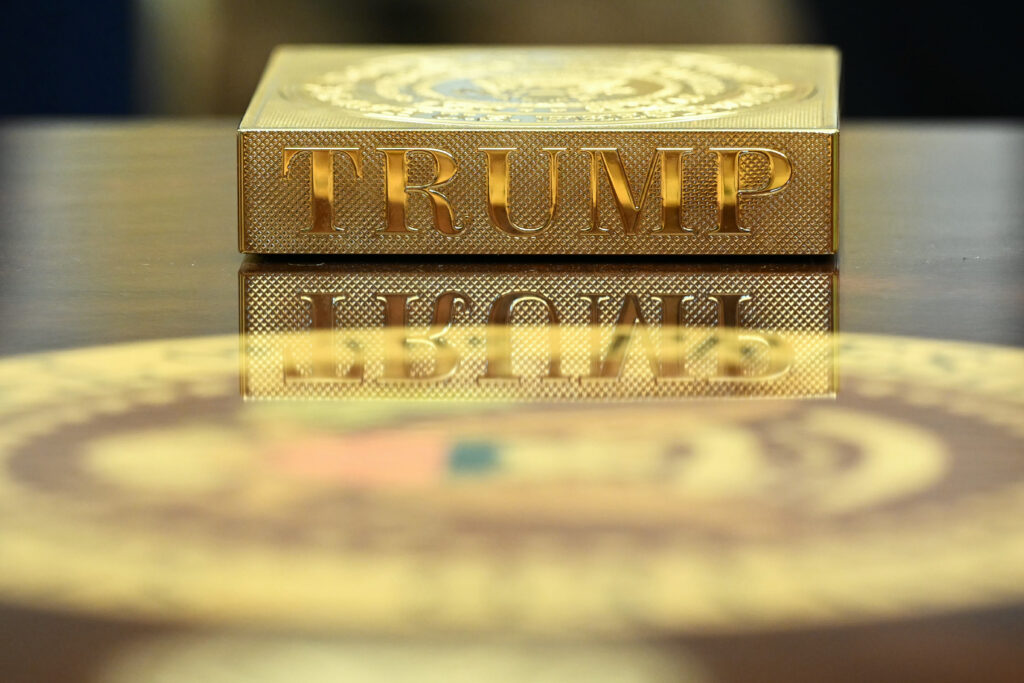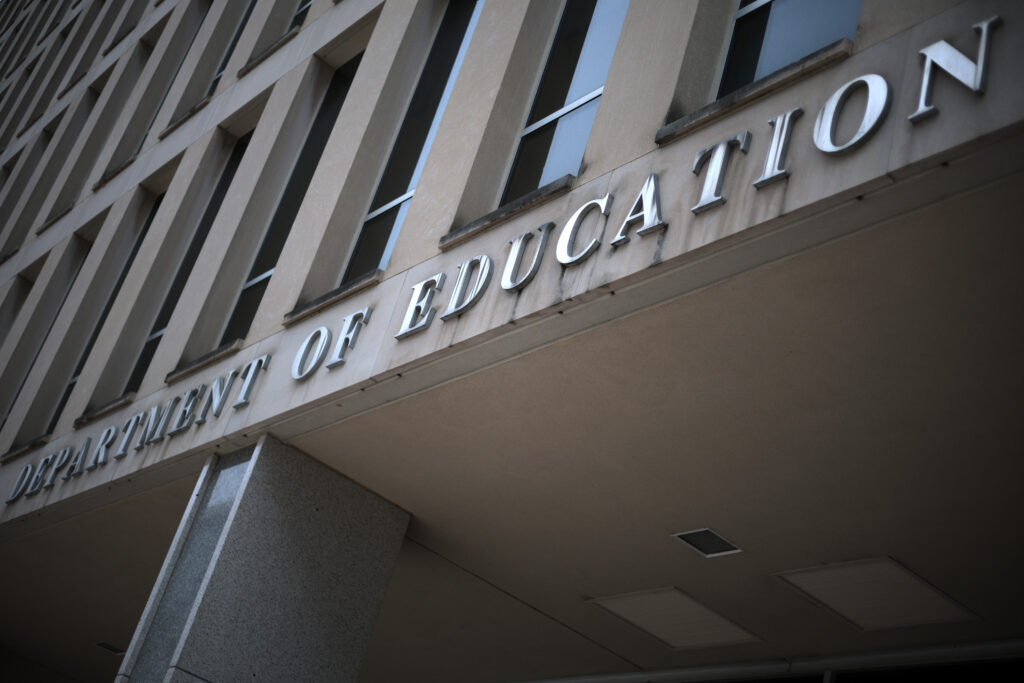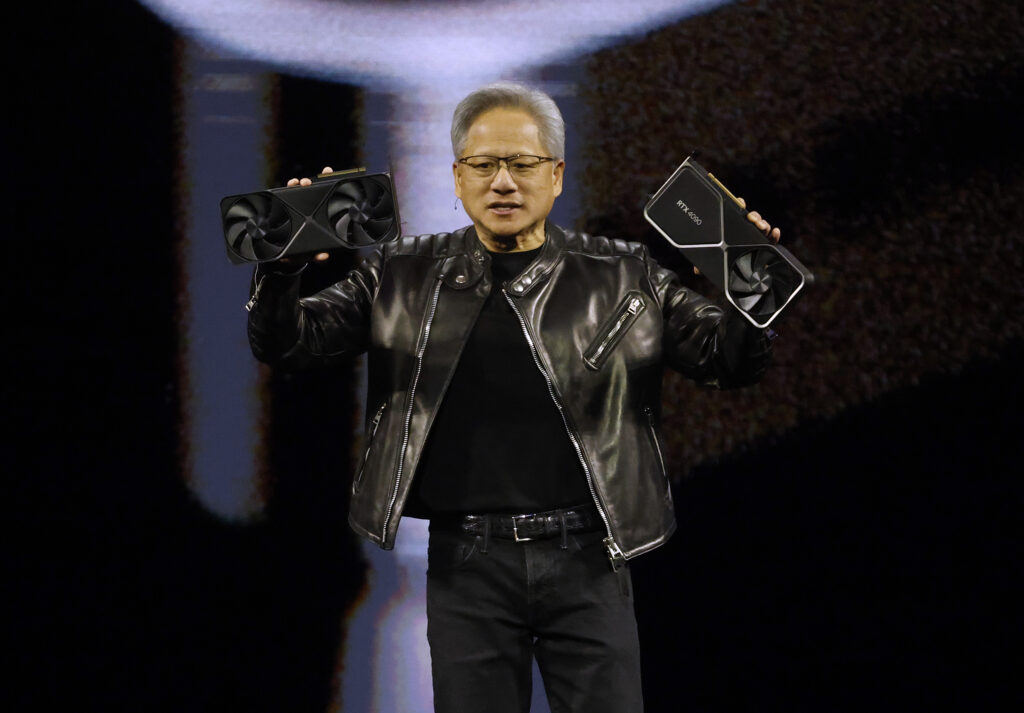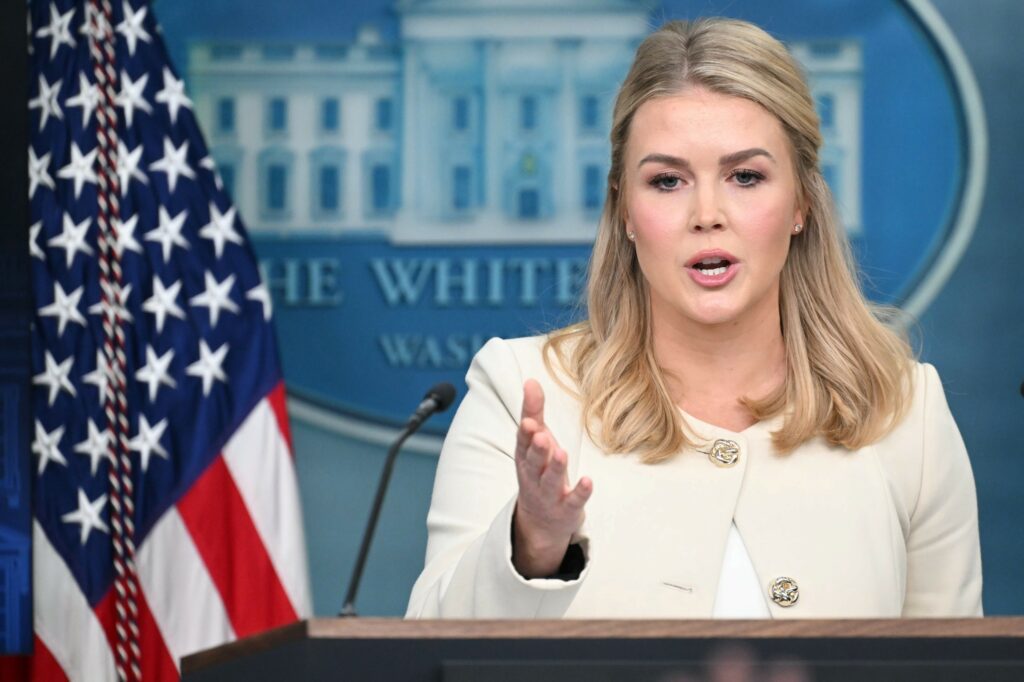Indian researcher detained in US over alleged Hamas ties
An Indian researcher at a top university in the United States with a valid visa has been arrested and is under threat of expulsion, according to his employer and US authorities, who accuse him of ties to Hamas.The arrest of Badar Khan Suri, a postdoctoral fellow at Georgetown University in the US capital, comes as fears mount in the scientific world that freedom of research is being challenged two months into US President Donald Trump’s new term.On Wednesday, the French government condemned the expulsion of a French space scientist meant to attend a conference in Houston, after officials searched his smartphone and found what they called “hateful” messages against US policy.”Dr Khan Suri is an Indian national who was duly granted a visa to enter the United States to continue his doctoral research on peacebuilding in Iraq and Afghanistan,” Georgetown University said in a statement.”We are not aware of him engaging in any illegal activity, and we have not received a reason for his detention.”Suri — a fellow at Georgetown’s Alwaleed Bin Talal Center for Muslim-Christian Understanding, according to the university website — was arrested Monday at his home in Arlington, Virginia, according to Politico, which first reported on the story. His lawyer told Politico he had demanded his release, but did not immediately respond to an AFP request for comment.Tricia McLaughlin, a spokeswoman for the Department of Homeland Security, said on X that Suri was “a foreign exchange student at Georgetown University actively spreading Hamas propaganda and promoting anti-Semitism on social media.”McLaughlin accused him of having “close connections to a known or suspected terrorist, who is a senior advisor to Hamas.”The State Department decided the researcher was subject to deportation under a provision of immigration law that allows for expulsion if the visa holder’s presence in the United States is determined to threaten US foreign policy, she added.Hamas is a US-designated terror organization.Georgetown University said it backs its “community members’ rights to free and open inquiry, deliberation and debate, even if the underlying ideas may be difficult, controversial or objectionable.”Citing a petition filed by Suri’s lawyer, Politico reported that Suri’s wife is a US citizen of Palestinian descent, and that the couple believes they are being targeted because the government suspects they oppose US policy on Israel.
